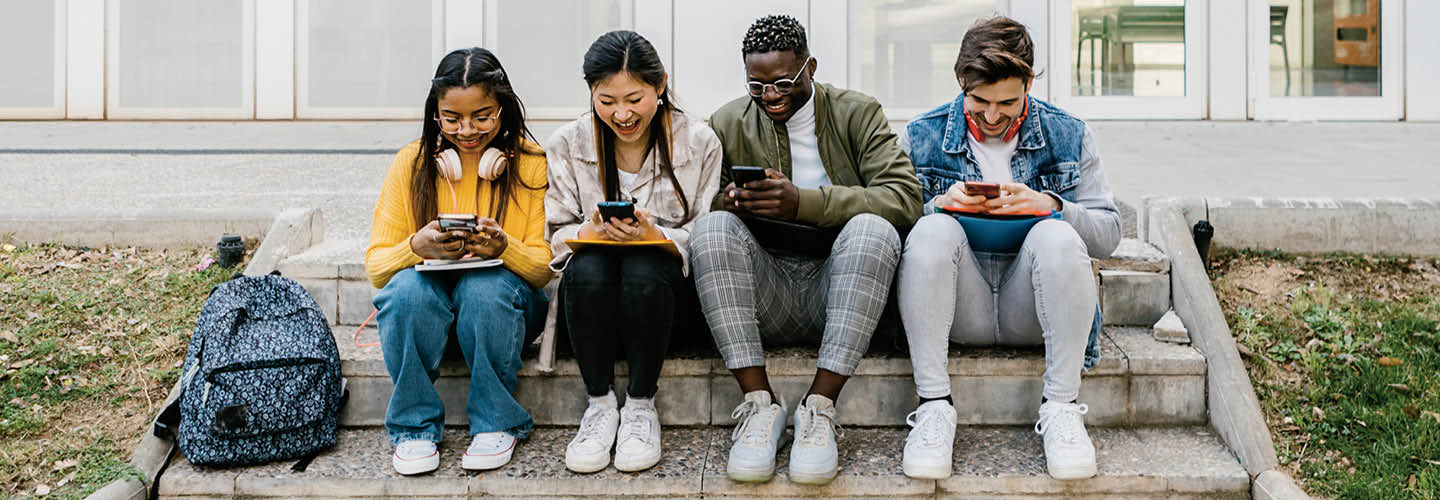Last year, I visited high schools in all 29 counties in Utah. In each auditorium filled with hundreds of students, I posed the question: Who thinks social media is bad for your mental health? Nearly every student raised their hand.
Cellphones can connect us to our family and friends. They give us instant access to news and information from around the world, making them fantastic research tools. And they open up endless possibilities for entertainment.
But it’s no secret that cellphones and social media apps can be a distraction and even an addiction. If there’s any doubt, just keep track of how many times an hour you are interrupted by a text, an email, or an alert. Each time your phone dings, you lose focus on what you were doing. And once you’re on your phone, you’ll likely check a social media site—and that’s where the addictive algorithms kick in.
Don’t just take my word for it. As the social scientist Jonathan Haidt notes in The Atlantic, study after study shows that students who use phones in class learn less and get lower grades. And the U.S. Surgeon General has warned that children and teens who spend three-plus hours a day on social media face double the risk of mental health problems, including depression and anxiety.

